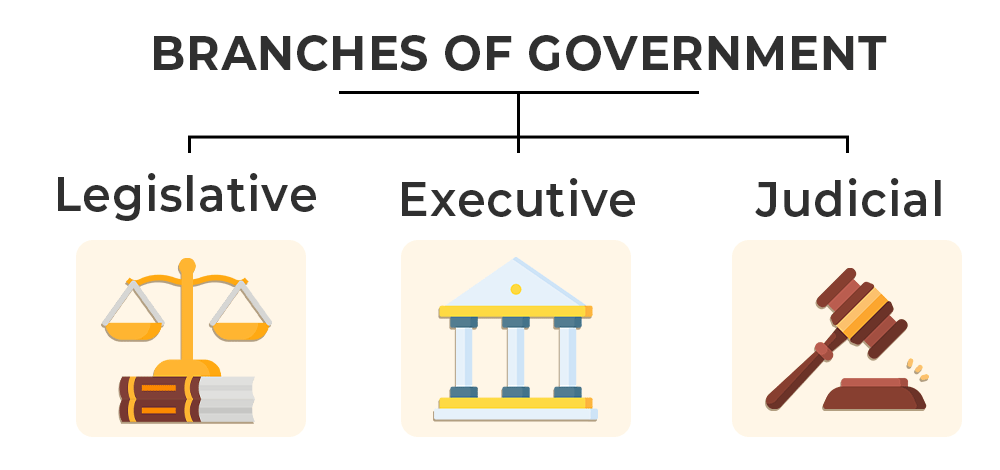Tahir Masood Chheena
A First Information Report (FIR) is an official document created by the police when they receive information about the occurrence of a cognizable offense. It serves as the first point of formal communication between the police and the public regarding a crime. The FIR acts as the starting point for the legal process and ensures that the law enforcement agencies can begin investigating the crime in question. The significance of an FIR cannot be understated, as it plays a central role in ensuring that the criminal justice system functions efficiently and fairly.
The Role of an FIR in the Criminal Justice Process
The FIR is not just a formality but a vital document that sets the criminal investigation in motion. Once an FIR is filed, the police are legally obligated to investigate the crime. This report officially documents the information received by law enforcement and serves as a record for future reference. In the absence of an FIR, the police would have no legal grounds to begin an investigation or arrest suspects, which could result in a miscarriage of justice. Therefore, the FIR is crucial for upholding the legal rights of victims and witnesses and ensuring a fair and thorough investigation.
Cognizable vs. Non-Cognizable Offenses: What’s the Difference?
An essential distinction in the FIR process is between cognizable offenses and non-cognizable offenses. Understanding the difference between the two is key to comprehending how an FIR is treated by law enforcement.
- Cognizable Offenses: These are serious crimes where the police have the legal authority to arrest a person without a warrant. In these cases, the police can start an investigation without needing permission from a court. Crimes such as murder, rape, robbery, and theft are examples of cognizable offenses.
- Non-Cognizable Offenses: In contrast, non-cognizable offenses are less serious crimes where the police cannot arrest the accused without a warrant. For these offenses, the police need court approval to investigate further. Examples of non-cognizable offenses include minor thefts or defamation.
The classification of an offense as cognizable or non-cognizable has a direct impact on how the FIR is handled and how investigations are carried out.
Who Can File an FIR?
An FIR can be filed by anyone who has knowledge of a cognizable offense. It is not mandatory for the victim of the crime to file the FIR themselves; witnesses or even police officers who come to know about the crime are allowed to file the FIR. The following individuals can file an FIR:
- The victim of the crime.
- A witness who has observed the crime or has reliable information about it.
- Any person who has knowledge of the offense, even if they were not directly involved.
In some cases, the police may choose not to investigate a filed FIR, particularly if they believe the case is not serious enough or if there is insufficient evidence to proceed. However, in such cases, the police are required by law to explain the reasons for not pursuing the investigation and inform the individual who filed the FIR, as outlined in Section 157 of the Code of Criminal Procedure, 1898.
Pl watch the video and subscribe to the YouTube channel of republicpolicy.com for quality podcasts:
How to File an FIR: Step-by-Step Process
Filing an FIR is a legal right, and there is a prescribed procedure for doing so under Section 154 of the Code of Criminal Procedure, 1898. The steps for filing an FIR are clear and ensure transparency in the process. Here’s a breakdown of how you should go about filing an FIR:
- Oral Report: If the crime is reported orally, the police are required to write down the details. It is the police’s duty to ensure that the information is documented correctly.
- Verification: Once the police have recorded the information, the person filing the FIR must be allowed to verify the details. You have the right to ask the police to read over what has been written to ensure accuracy.
- Sign the FIR Register: After verifying the information, you must sign the FIR register. If you cannot read or write, you can provide a thumb impression to confirm that the information is correct.
- Obtain a Copy of the FIR: You are entitled to a free copy of the FIR. Always ask for a copy, as this serves as evidence that the report has been registered.
Key Information to Include in the FIR
When filing an FIR, providing comprehensive and accurate details is essential. The following points should be included in the report:
- Personal Details: Your name, address, and contact information.
- Incident Details: The date, time, and location where the crime occurred.
- Description of the Crime: A clear and accurate description of the incident, including any weapons used, the sequence of events, and the nature of the crime.
- Details of Offenders: Names and physical descriptions of the individuals involved in the crime.
- Witness Information: Names and addresses of any witnesses who may have observed the crime.
By providing accurate details and ensuring clarity, you help the police understand the situation better and facilitate a more efficient investigation.
Common Mistakes to Avoid When Filing an FIR
Filing a false or misleading FIR can lead to severe legal consequences. To avoid any complications, here are several key things to never do when filing an FIR:
- Do Not File a False Report: Providing false or misleading information is a criminal offense under Section 182 of the Pakistan Penal Code, 1860.
- Do Not Exaggerate: Avoid exaggerating the facts or distorting the details of the incident.
- Be Specific: Provide clear and unambiguous information, and avoid vague or unclear statements.
- Do Not Refuse to Sign: Refusing to sign the FIR or the statement you’ve provided can result in legal action under Section 180 of the Pakistan Penal Code, 1860.
- Avoid False Charges: If you file a false charge with the intention of causing harm to someone, you could face prosecution under Section 211 of the Pakistan Penal Code, 1860.
What to Do If Your FIR Is Not Registered
If the police refuse to register your FIR, you have several options to ensure that your complaint is heard and acted upon. Here’s what you can do:
- Approach Higher Authorities: If the police do not register your FIR, you can escalate the matter to senior officers like the District Police Officer (DPO) or Capital City Police Officer (CCPO).
- Written Complaint: You can send a written complaint by post to the concerned authorities, requesting that they order the registration of the FIR.
- Public Safety Authority: If you are still not satisfied, you can file a complaint with the District Public Safety and Police Complaints Authority.
- Private Complaint in Court: You have the right to file a private complaint in a court of law if your FIR is not registered.
Disputes Over Police Jurisdiction: How to Handle Them
Occasionally, there may be disputes between police stations about jurisdiction over a crime. In such cases, both police stations are required to investigate the case until the issue is resolved. The officer who arrives first at the scene takes responsibility for handling the investigation. Once jurisdiction is confirmed, the case is transferred to the correct police station, and a new FIR is registered under the appropriate jurisdiction.
An FIR is a cornerstone of the criminal justice system. It ensures that the police can take immediate action, begin investigations, and hold offenders accountable. Understanding how to properly file an FIR, what information to include, and how to navigate potential issues such as jurisdiction disputes or police refusal to register an FIR is essential for anyone involved in the process. By familiarizing yourself with the FIR procedure, you can contribute to a more efficient and transparent legal system and help ensure that justice is served.

















